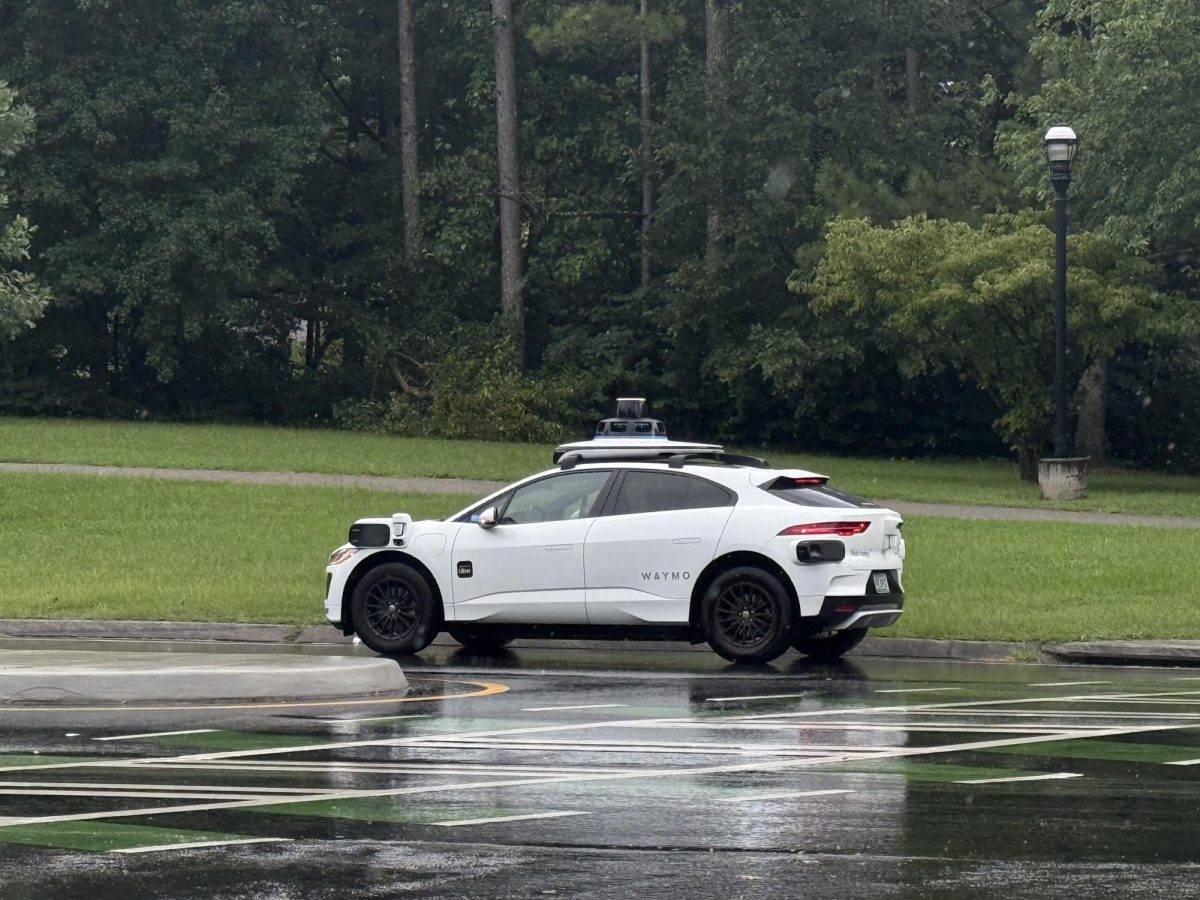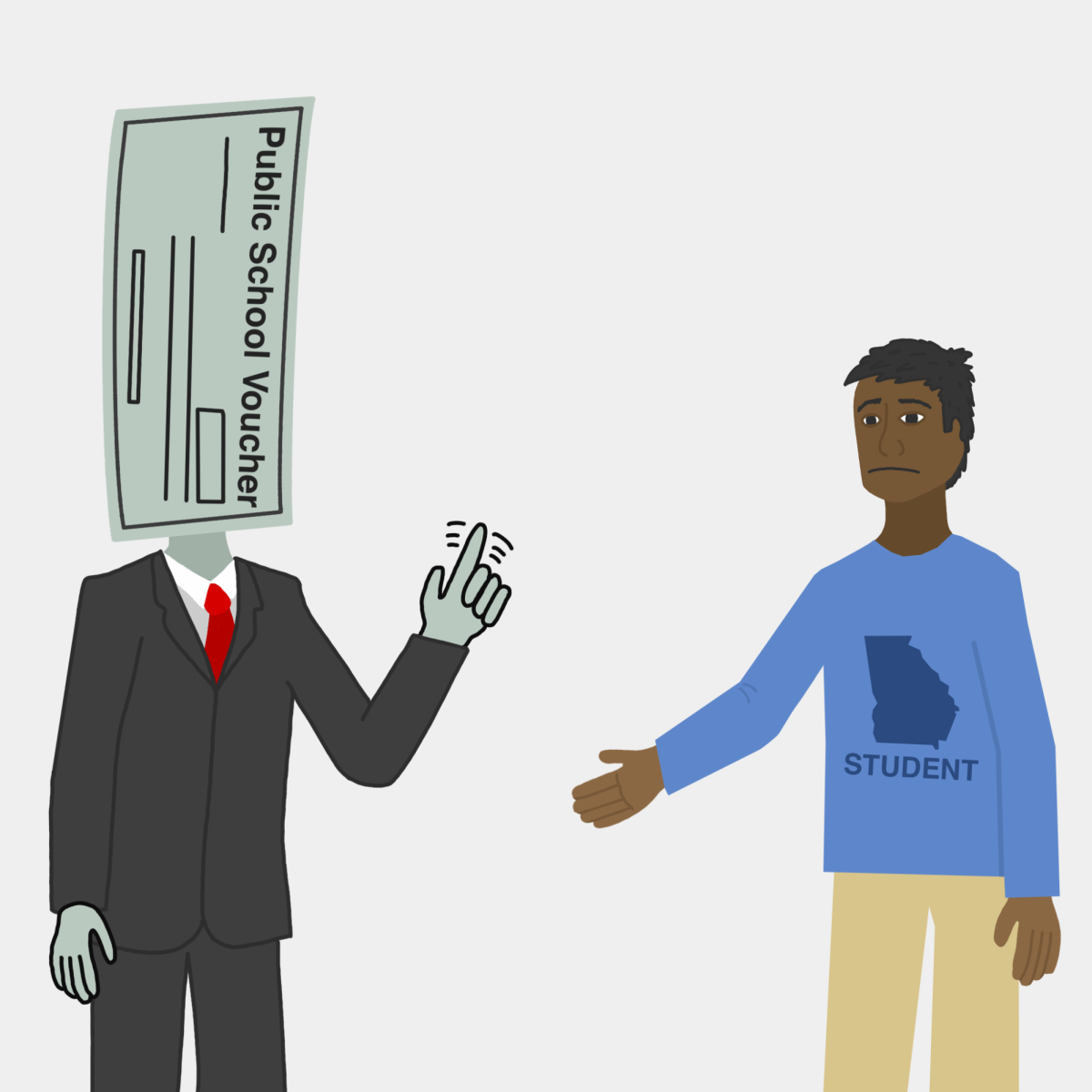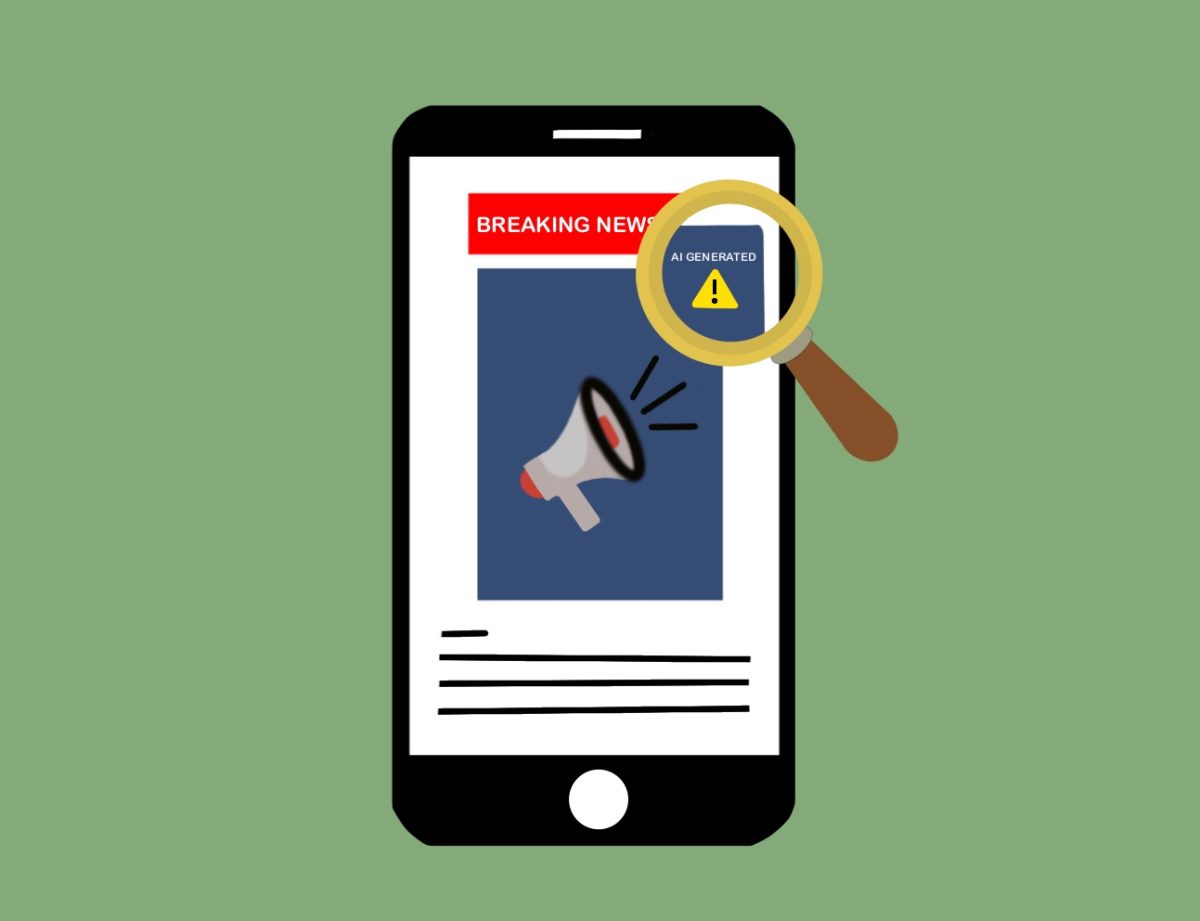A tragic tale of how classroom literature has taken a turn for the worse
By Isabel Olson
You thought The Series of Unfortunate Events was dragged out? Think again. With practically the same plot, David Copperfield is an 820-paged book with text much smaller than this, and it is mostly filled with a young boy moving from bad situation to bad situation.
Having been forced to read far too many novels in literature class throughout the past few years, I and many other students have lost all hope. I’ve given up on the idea of literature inspiring more reading outside of education, and I’ve given up on finishing one too many of the books put on my desk.
While literature has been one of my favorite subjects throughout school, with some of my favorite teachers as well, I have never had the experience of falling in love with a book read within a classroom, not to mention the fact that many books are written by the same authors. From Tale of Two Cities to David Copperfield, both Dickens stories never caught my interest. And of course the renowned Shakespeare has shown up annually with Macbeth, Romeo and Juliet, and Othello. These books are classics with fame and great integrity, but they don’t connect to students.
The problem arises that teachers want to expose us to literature that we are unlikely to read on our own free will. But when observing the real facts, almost no one actually reads the assigned books anyways. With maybe a fourth of the class reading the books given, it seems unlikely that the students are being exposed to anything at all. The students who read the assigned works are then so consumed by the million-paged novels, that they have no time to read outside of school, or they are asked to complete quizzes on minute details such as the dinner the character ate in chapter 27, making it seem impossible whether you read or not. These methods of teaching and insuring the students read, are more of a turn off than anything else.
There have been a few books that were not too painful to work through. Romeo and Juliet wasn’t love at first sight, but it turned out it wasn’t bad in the end. While this book may not have been a favorite of mine or many others, it had the ability to connect to teenage ideas and mentalities. Covering young love, parent-teen discrepancy, violence, and much more, the story had many real life connections for our age. This is much easier to relate to than being a military general who goes insane and kills his wife. Books that are more up to date or even are part of a series could intrigue more students to want to turn the page and find out what will happen next.
Some books can be much more enjoyable when read outside of the classroom, and I sometimes prevent risking disliking a book due to reading it in class, by reading it beforehand. Thoroughly enjoying The Great Gatsby over the break, I will be reading it again next school year. Wishing to avoid the possible ruin of a book due to assignments, reading schedules, or picking through something the author said that may or may not have deeper intellectual context, reading a book on your own is by far the most enjoyable way to lose yourself within a story. It seems ironic and tragic that the most inspiration education has given me in reading is wanting to read a book before the class ruins it.






